A Preparation Guide for EMDR Therapy
🌟 Introduction to EMDR
Eye Movement Desensitization and Reprocessing (EMDR) is a therapy technique that helps people work through and get past traumatic memories. If you’re starting EMDR therapy, you might be feeling excited and nervous. This post will explain what EMDR is, how to get ready, and what happens during your sessions. By the end, you'll feel more confident and prepared to start your healing journey.
📚 The Basics of EMDR
EMDR isn't like regular talk therapy. It uses eye movements or other types of bilateral stimulation to help reprocess traumatic memories. These memories might be causing you stress and affecting your life. EMDR helps your brain handle these memories better, making them less upsetting.
🔄 How EMDR Works
During an EMDR session, your therapist will guide you through eye movements while you focus on a traumatic memory. This helps to lessen the emotional impact of the memory and process it in a healthier way. Over time, this can really help with symptoms of PTSD, anxiety, and depression.
🌈 Why EMDR is Effective
Studies show that EMDR can work really well in a short amount of time. It addresses the root cause of emotional distress, not just the symptoms. This makes it a powerful tool for long-term mental health improvement.
🛠 The Preparation Phase
Many people think they'll start reprocessing memories right away, but the preparation phase is super important for effective and safe therapy. Here’s what to expect:
🧘 Mastering Calming Techniques
Before diving into reprocessing traumatic memories, it's important to learn how to stay calm and feel safe. Your therapist will teach you techniques to calm your nervous system, which is crucial for the therapy to work well.
✋ Setting a Stop Signal
In EMDR, you’re always in control. During the preparation phase, you and your therapist will agree on a stop signal, like raising your hand. This lets your therapist know to pause the session immediately, giving you control over the process.
🧩 Learning to Self-Soothe
Your therapist will also show you exercises like the Safe Place or Container exercise. These techniques help you handle any emotional distress that might come up during or between sessions. Knowing these skills is key for your comfort and safety during therapy.
🌿 Tips for Emotionally and Physically Preparing
Getting ready for EMDR therapy involves more than just attending sessions. Here are some tips to help you prepare both emotionally and physically:
💪 Stay Physically Healthy
Your physical health affects your emotional state. Make sure you’re eating well, exercising, and getting enough sleep. Being in good physical shape makes it easier to handle the emotional work in EMDR. You can anticipate feeling tired after EMDR, so get the proper rest and nutrition.
🧘 Practice Mindfulness
Mindfulness exercises can help you stay grounded and present, which is helpful when dealing with traumatic memories. Practices like meditation or deep-breathing exercises can be great additions to your preparation routine.
📔 Journal Your Thoughts
Keeping a journal can help you process your feelings and thoughts between sessions. It’s also useful for tracking your progress and noticing any patterns.
🌍 Creating a Support System
Support is really important when going through therapy. A strong support network can make a big difference in your healing process:
👪 Involve Loved Ones
Talk to your family and friends about your decision to try EMDR therapy. Their understanding and support can provide emotional comfort and practical help, making your journey smoother.
💬 Seek Peer Support
Consider joining a support group for people undergoing EMDR or dealing with similar issues. Sharing your experiences and hearing from others can provide valuable insights and encouragement.
👩⚕️ Professional Support
In addition to your therapist, other healthcare professionals can offer support. Your primary care doctor, for example, can help manage any physical symptoms that may come up.
🏁 Conclusion
Preparing for EMDR therapy is an important step in your healing journey. By understanding what to expect and how to prepare, you’ll be better equipped to make the most of your sessions. Remember, you’re not alone in this. Your therapist, loved ones, and even peer support groups are here to help you every step of the way.
Ready to take the next step? Schedule your first session with one of our expert therapists and start your journey towards healing today.


